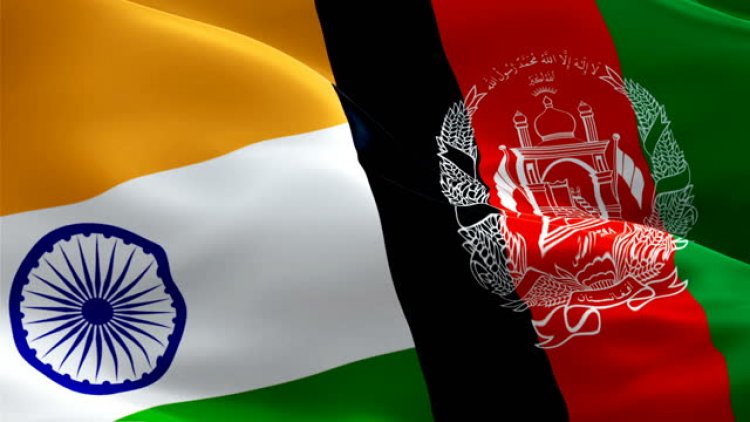India - Afghanistan: Intense Jostling Among International Actors
STORIES, ANALYSES, EXPERT VIEWS

There’s been intense jostling among international actors on Afghanistan. The worry is about terrorism and a humanitarian disaster. There was the meeting of the Extended Troika group, which includes Russia, China, the US and Pakistan. Following that was the so-called ‘Moscow Format’, which included, among others, the Taliban and India, with the latter officially present for the first time. There was thereafter a conference in Teheran scheduled for 27 October, and then the first-ever dialogue between the National Security Advisors in Delhi on Afghanistan.
Whether all this activity will amount to anything is yet to be seen, but what is clear, writes Tara Kartha (Distinguished Fellow at the Institute of Peace and Conflict Studies, New Delhi) “is that this time around, India is refusing to take a back seat.”
The Extended Troika meeting
There is little public information about the Extended Troika meeting. The ‘Extended’ format, originally a US invention, was envisaged as a last-ditch attempt to salvage the Afghan situation with a meeting in arch-rival Russia’s capital, and where Pakistan was an invited guest having ‘influence’ on both sides. Qatar and Turkey were guests of honour, India was not invited.
Hints of the recent meeting, says Kartha “can only be had from tweets by Pakistan envoy Mohammad Sadiq where he notes a meeting with ‘Deputy Prime Minister’ Mullah Abdul Salam Hanafi and ‘Foreign Minister’ Amir Khan Muttaqi, rather than citing the provision title. It seems that Pakistan has already recognised the Taliban government, even as PM Imran Khan and Islamic parties issue almost daily calls for formal recognition. The lack of a joint statement from the Extended Troika indicates differing perspectives, something which can be seen in the later meeting of the ‘Moscow format’.”
‘Moscow format’ meeting
The Moscow format was started in 2017, stressing on regional participation of some 10 countries including China, Pakistan, Iran, India, Kazakhstan, Kyrgyzstan, Tajikistan, Turkmenistan and Uzbekistan. India attended in 2018, sending an ‘unofficial’ team, to underline its opposition to any talks with the Taliban. This time, however, India sent a Joint Secretary, who had a one-on-one meeting with Taliban representatives, where they were assured of ‘extensive’ humanitarian assistance. What was notable was the absence of Taliban Deputy Foreign Minister Sher Abbas Stanikzai, Mullah Baradar, and his supreme boss, Mullah Haibatullah Akhundzada.
The Joint Statement noted “practical engagement … needed to take into account the new reality, that is the Taliban coming to power in the country, irrespective of the official recognition of the new Afghan government”. That’s as close to recognition as it gets, says Kartha. It called on the Taliban to “practice moderate and sound internal and external policies”. Moscow and Central Asian states expect the Taliban to continue to act against groups. One can only assume that the Indian team got the same assurance.
Talking to Taliban a strategic necessity
India’s participation in the Moscow format and the signing of a joint statement that recognised the ‘new reality’ in Afghanistan, according to The Hindu “signal a decisive shift in the country’s approach towards the Islamist group. India had earlier taken a strong position against any kind of engagement with the Taliban. In recent months, when the Taliban were making steady advances towards Kabul, India had established contacts with the Taliban’s political office in Doha, Qatar, but this is the first time India met a top Taliban delegation, which included Deputy Prime Minister Abdul Salam Hanafi, and, according to a Taliban spokesperson, promised to send aid. India has vital interests in Afghanistan. Over the 20 years, it has made investments worth billions of dollars which it would want to be protected. Last time the Taliban, which have close ties with anti-India terrorist groups such as LeT and the JeM, were in power, India saw a rise in violent incidents in Kashmir as well as the hijacking of an Indian plane to Kandahar. Now the Taliban say they will not allow Afghan soil to be used by any terrorist organisation. It is in India’s interest to make sure that the Taliban walk the talk. It would also not like to see an isolated Taliban being a Pakistani satellite. To meet these goals, given the new reality in Afghanistan, engagement with the Taliban looks a strategic necessity.”
















